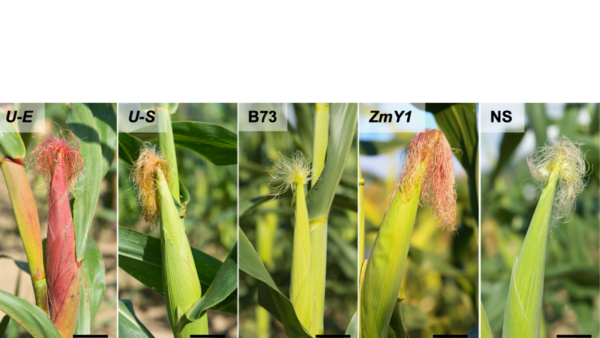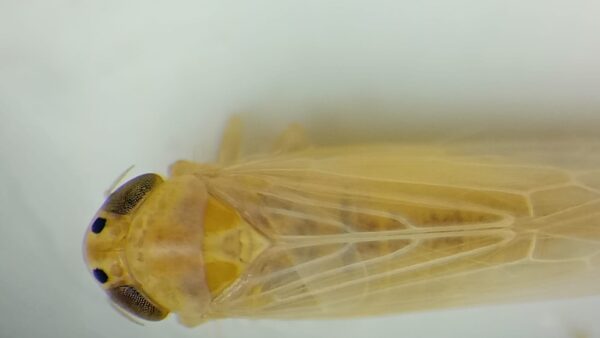UK universities and research centres which improve the resilience, sustainability and quality of major crops will benefit from a funding package worth around £5.3 million over five years, Environment Secretary Michael Gove announced today.
The funding will go to four leading agricultural research centres to help develop new technologies and environmentally friendly production for farmers and growers across the country.
They will focus on boosting productivity for pulses, wheat, leafy vegetables and oilseed rape as part of Defra’s Crop Genetic Improvement Networks (GINs).
“Developing new technology is crucial to making sure our farmers can continue to grow world-class produce in an environmentally friendly way,” said Environment Secretary Michael Gove.
“Through this new fund, I hope to see the creation of new and innovative growing practices and crop protections so we can truly unlock the potential of our food and farming industries.”
Since their creation in 2003 Defra’s GINs have:
- Increased crop resistance to pests and diseases such as orange blossom midge and turnip mosaic virus.
- Enhanced pea crops which are now being used to produce high-quality animal feed.
The four recipients that will undertake the research are the John Innes Centre, Rothamsted Research, University of Warwick and University of York.
“We aim to support industry in long-term, sustainable rapeseed production by utilising UK expertise in plant genetics to better understand specific crop traits,” said Professor Ian Bancroft, who leads the agricultural research centre at the University of York. “Innovation through these networks is essential if we are to see growth in healthy crop production.”
The government has so far invested £160 million through the agri-tech strategy to harness the latest agricultural research and technologies.
To find out more about the government’s agri-tech strategy please see here.
Source: UK Government












